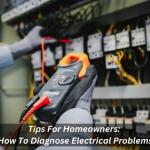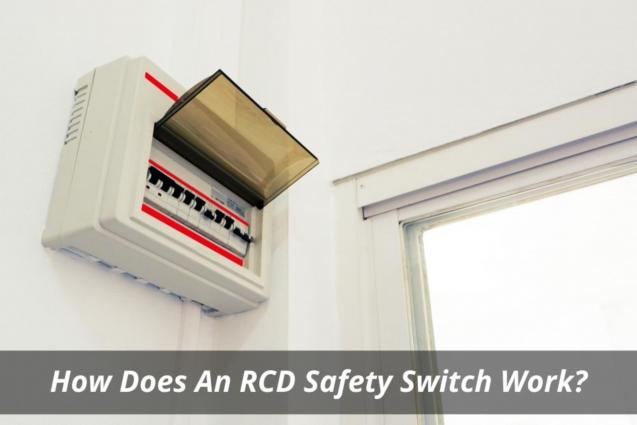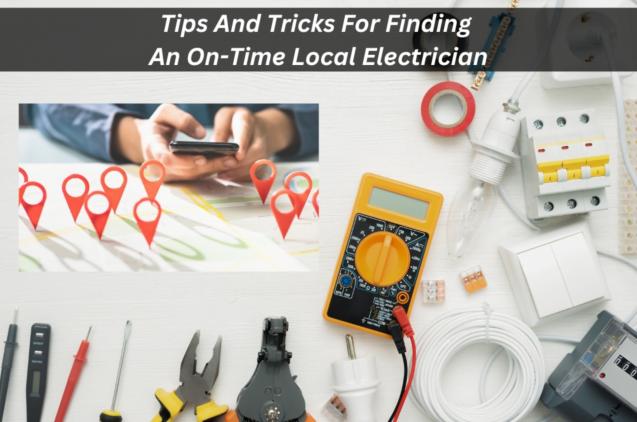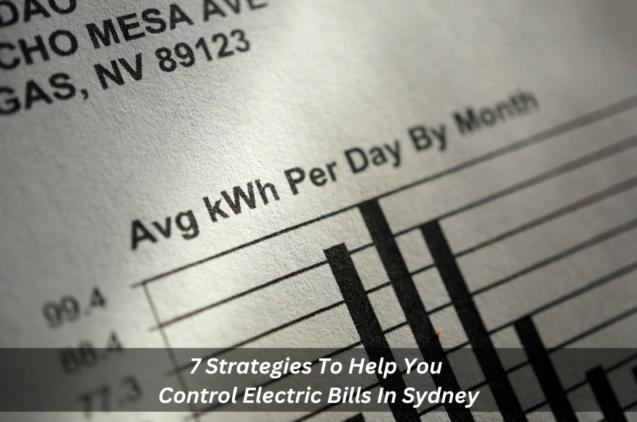
Tips For Homeowners: How To Diagnose Electrical Problems
By Electrician Near Me Sydney|February 08, 2023
Looking for a “24 hours a day reliable emergency electrician near me” online to help solve your electrical issues at home or office? As a homeowner, have you ever had flickering lights, intermittent power outages, and other electrical emergencies with your electrical wiring? Electrical faults can occur without warning and be dangerous. So what should you do to diagnose the issues?
Problems with the electrical system can be caused by inadequate wiring or systems that are too old. It could also be the result of bad electrical panel connections or poor maintenance. These problems can worsen over time, making them more difficult to diagnose and fix.
Diagnosing common electrical problems on your own can be difficult and even hazardous if not done properly by a licensed electrician. But with some basic knowledge and advice from an expert, homeowners don’t need to worry about costly repairs due to improper handling. In this article, we’ll provide some tips for homeowners on how to diagnose these pesky electrical problems and how to keep them from happening again in the future.
If you are unable to figure out the cause of an electrical issue, it is best to call an emergency electrician near you immediately. They will have the experience and expertise needed to identify and fix any problem safely and efficiently. If you’re having trouble finding one, you can search for an “expert emergency electrician near me” on the internet to find the most reliable one based on your needs.
Overall, it is important to be aware of any potential electrical problems in your home and to take the necessary steps to ensure that they are diagnosed and repaired promptly. By following these tips, homeowners can help keep their homes safe from electrical hazards while saving money on costly repairs.
Problems with the electrical system can be caused by inadequate wiring or systems that are too old. It could also be the result of bad electrical panel connections or poor maintenance. These problems can worsen over time, making them more difficult to diagnose and fix.
Diagnosing common electrical problems on your own can be difficult and even hazardous if not done properly by a licensed electrician. But with some basic knowledge and advice from an expert, homeowners don’t need to worry about costly repairs due to improper handling. In this article, we’ll provide some tips for homeowners on how to diagnose these pesky electrical problems and how to keep them from happening again in the future.
- Identify the source of the problem
- Check all connections
- Inspect wiring in heavy-duty areas
- Identify any loose ground faults
- Test your breakers & fuses
- Safety first
If you are unable to figure out the cause of an electrical issue, it is best to call an emergency electrician near you immediately. They will have the experience and expertise needed to identify and fix any problem safely and efficiently. If you’re having trouble finding one, you can search for an “expert emergency electrician near me” on the internet to find the most reliable one based on your needs.
Overall, it is important to be aware of any potential electrical problems in your home and to take the necessary steps to ensure that they are diagnosed and repaired promptly. By following these tips, homeowners can help keep their homes safe from electrical hazards while saving money on costly repairs.



